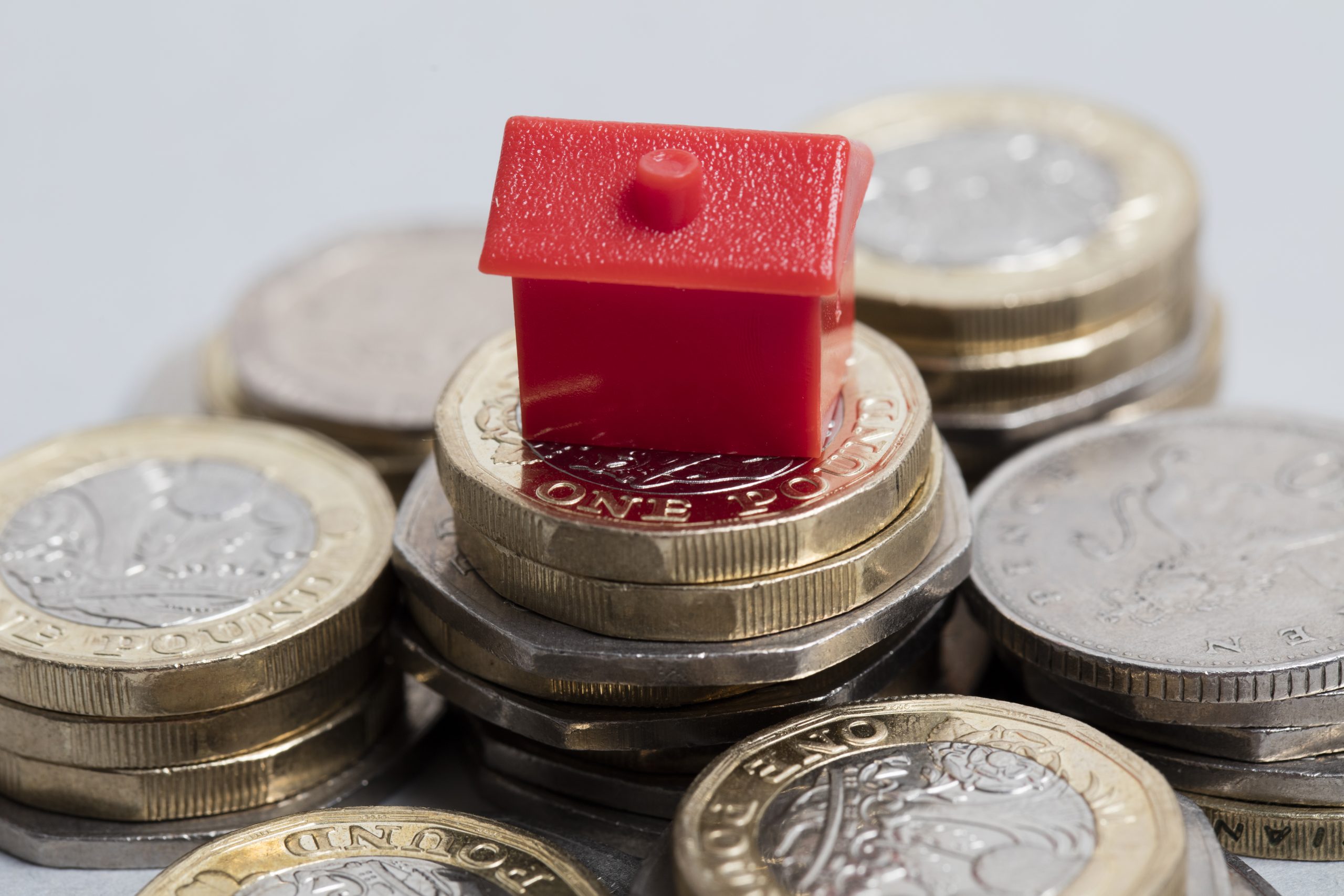News
Nearly half of homeowners could fail to reach even moderate retirement income

Some 45 per cent of homeowners are unlikely to achieve a moderate income in retirement, according to new research, and the risk rises more for renters.
While 45% of homeowners were not expected to attain a moderate retirement income, this rose to 71% of rented, according to a analysis by pension and benefits consultancy firm Broadstone.
The ‘moderate income’ figure is based on the Pensions and Lifetime Savings Association (PSLA) standard of having £23,300 per year in retirement.An
And there is also a gap between owners and renters when it came to the proportion of renters who were not expected to have a minimum income of £12,000 a year in retirement.
Broadstone found that a quarter of renters would be unable to achieve this, compared with 8% of homeowners.
Single people worse off than couples
As for PSLA’s definition of a comfortable retirement income of £37,300 a year, 86% of homeowners and 93% of renters are unlikely to attain this.
Single people also fare worse than couples, as the data showed that 19% of single people were unlike to reach the minimum income standard compared to eight per cent of couples.
Further, 14% of people who will reach state pension age this decade will not meet the minimum income standard. This is a higher proportion than any other age group.
Pensions not a priority
Damon Hopkins, head of DC workplace savings at Broadstone, said: “The gap between homeowners and renters is a stark reminder of the wider financial benefits that homeownership can bring, as well as the difficulties that those struggling to get on the housing ladder face.
“With many renters trying to save up to get on the housing ladder while paying rental prices that have surged since the pandemic, it is unsurprising that pension contributions may slip further down the order of priority.
“The cultural and financial importance placed on property ownership has not only boosted prices further but meant that for many people other financial goals are compromised. It clearly points to the improvements needed in the auto-enrolment system which go beyond the homeowner versus renter dichotomy.”